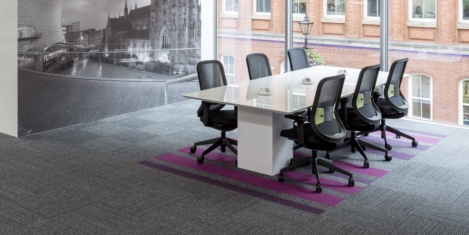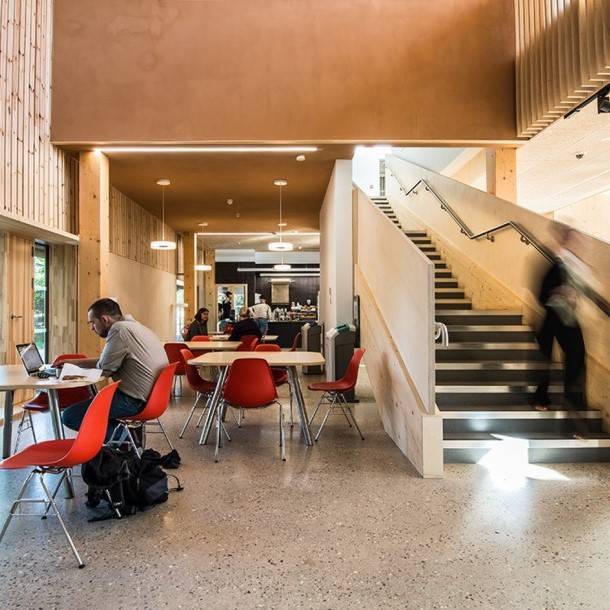October 18, 2016
New CoreNet Global / HOK report explores impact of coworking on corporate real estate 0
The UK Chapter of CoreNet Global, in partnership with HOK’s WorkPlace practice, has released a new report that studies the impact of coworking from a corporate real estate (CRE) perspective. With coworking now one of the fastest-growing sectors of the commercial real estate market, the new report, Coworking: A Corporate Real Estate Perspective, examines the drivers of coworking from the demand and supply side, the industry risks and implications for corporate real estate, as well as information about the owners, coworkers and centres. The CoreNet Global / HOK Coworking report highlights the ideas that changing business priorities and the need to attract talented people, reduce real estate costs, improve speed to innovation and increase productivity are driving corporations to consider different workplace models, including on- and off-site coworking.




































